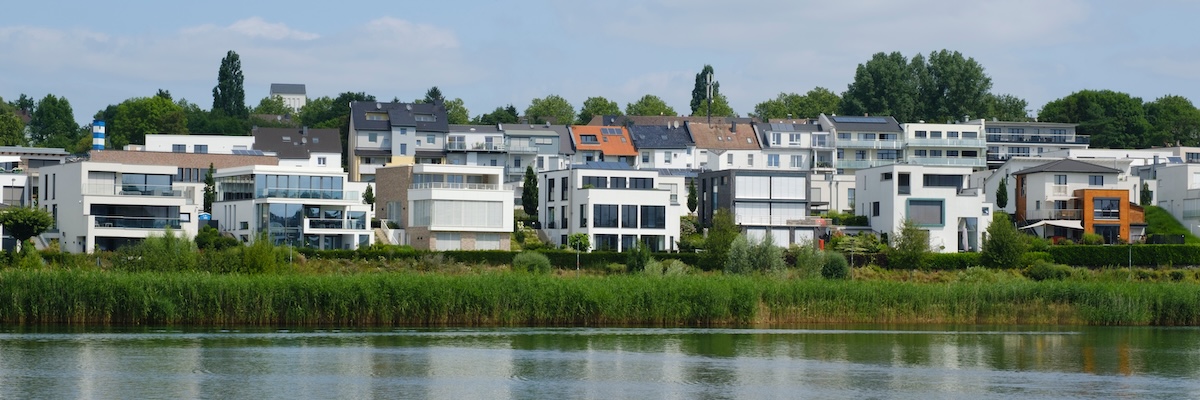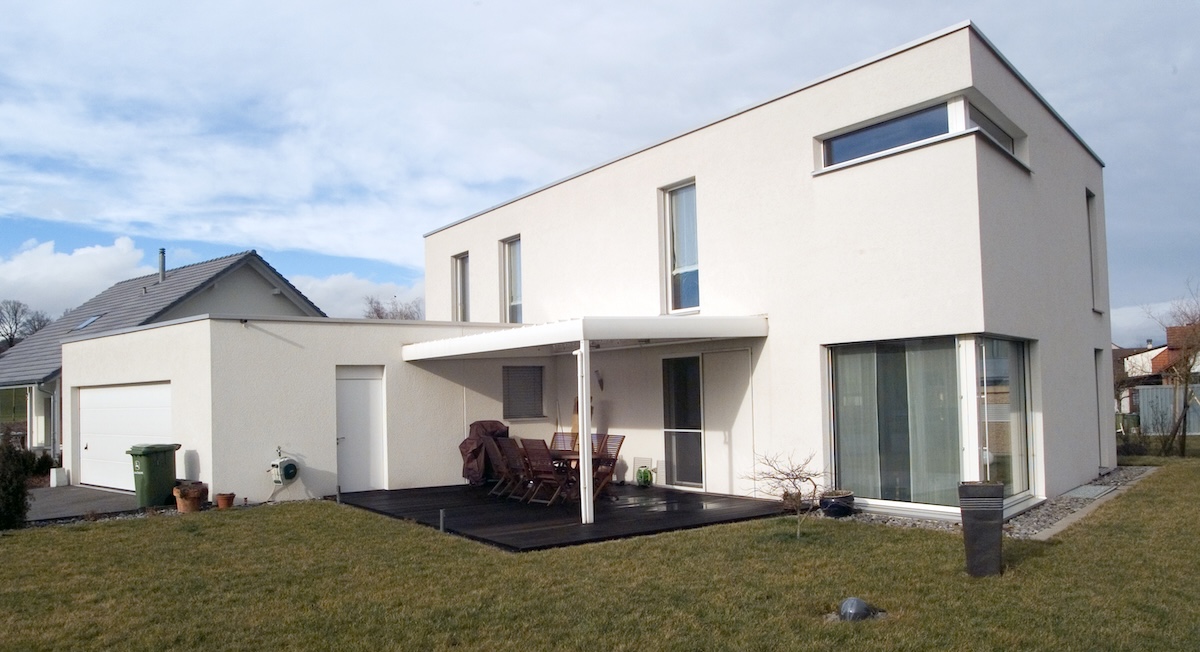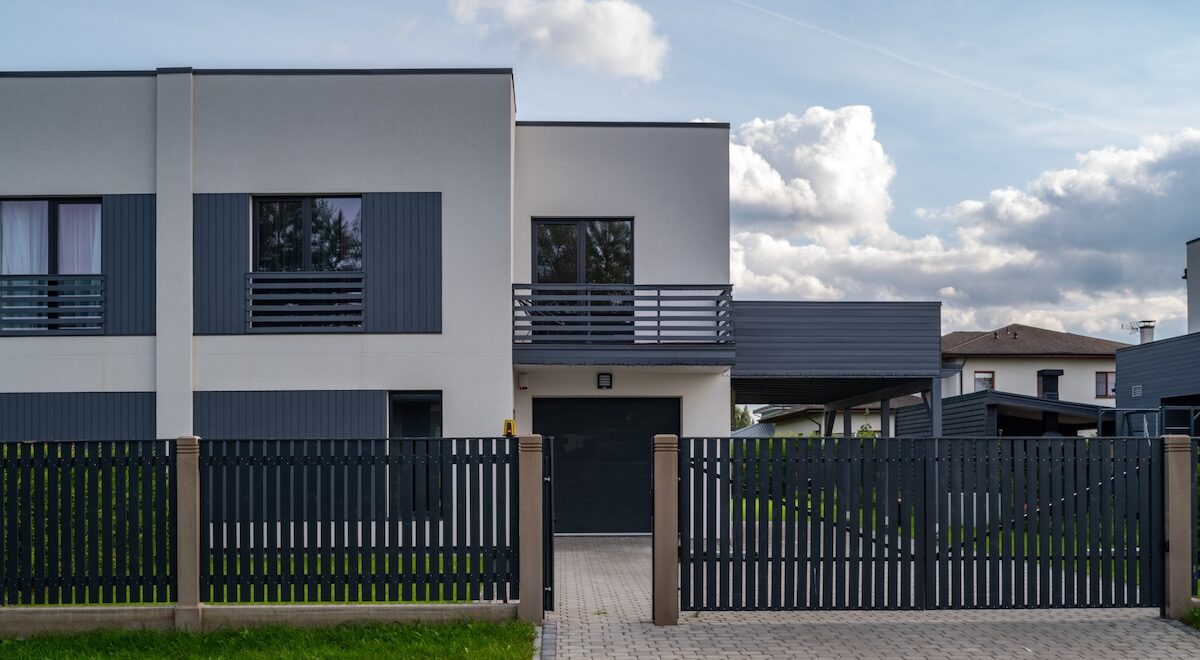Flat roofs have gained significant popularity across Florida for both residential and commercial properties. Their sleek, modern design complements contemporary architecture and offers several practical benefits. However, Florida’s climate—marked by intense sun, high humidity, and seasonal downpours—adds complexity to flat roof installation and maintenance. Understanding the pros, cons, and care tips is essential if you’re considering this style for your home or building.
What Is a Flat Roof?
Despite the name, flat roofs aren’t perfectly flat. Instead, they have a slight pitch (usually between 1/4 to 1/2 inch per foot) to allow water to drain. While pitched roofs naturally shed rain, flat roofs must be carefully engineered to handle water runoff. In Florida, this distinction becomes even more critical due to the frequency of heavy rains and hurricanes.
Although traditionally more common on commercial buildings, flat roofs have become a sought-after option for Florida homeowners as well—especially those looking to maximize space and add a modern touch to their property.

Advantages of Flat Roofs in Florida
Choosing a flat roof in Florida comes with several benefits that appeal to property owners. These include affordability, aesthetics, and functionality.
1. Cost-Effective Installation
First and foremost, flat roofs are generally less expensive to install than pitched roofs. The materials are typically more affordable, and because the structure is simpler, labor costs are often lower. For homeowners or business owners seeking budget-conscious solutions, this is a key selling point.
Additionally, since the surface area is smaller due to the lack of steep slopes, fewer materials are needed overall. This not only reduces the initial installation cost but also helps with future repairs and replacements.
2. Versatile and Usable Space
Another significant advantage is the additional usable space a flat roof provides. In Florida, where outdoor living is a big part of the lifestyle, many property owners transform their rooftops into patios, gardens, or lounging areas. Commercial buildings often use flat roofs to house HVAC systems, solar panels, or even satellite equipment.
Because Florida gets abundant sunshine, adding solar panels to a flat roof can help significantly reduce energy costs over time—making the space both functional and efficient.
3. Modern Appearance
Flat roofs also contribute to a minimalist, modern look that’s very much in style. Many homeowners in Florida’s coastal and urban areas prefer the clean lines of a flat roof to match their home’s contemporary design.
This streamlined aesthetic often pairs well with floor-to-ceiling windows and open floor plans, enhancing both curb appeal and overall property value.
4. Easier to Inspect and Maintain
Since flat roofs are easier to walk on than pitched roofs, homeowners and professionals alike can access them more safely and efficiently. As a result, routine maintenance, cleaning, and inspections are far more manageable.
Disadvantages of Flat Roofs in Florida
While there are plenty of advantages, flat roofs are not without their downsides—especially in Florida’s challenging weather. That said, many of these disadvantages can be mitigated through proper planning and professional installation.
1. Poor Drainage Can Lead to Problems
Because flat roofs don’t naturally funnel water away, standing water can become a serious issue. If left unchecked, water can seep into roofing materials and eventually into your home or business. Therefore, proper drainage systems are crucial, including internal drains, scuppers, or gutters designed specifically for flat surfaces.
Additionally, debris from palm trees and tropical storms can clog drains, so regular cleaning is necessary to prevent blockages and water pooling.
2. Heat Retention
Although flat roofs make solar panel installation easier, they also tend to absorb more heat. In Florida’s already hot climate, this can result in higher cooling costs if reflective materials or coatings aren’t applied.
Fortunately, adding a reflective membrane or a white coating can dramatically reduce surface temperatures, helping to offset energy usage.
3. Shorter Lifespan Without Maintenance
Flat roofs typically have a shorter lifespan than pitched roofs. This is primarily due to exposure to UV rays and standing water. However, with the right materials and ongoing maintenance, a flat roof in Florida can last 20 to 30 years or more.
Choosing durable materials like TPO, PVC, or modified bitumen can greatly improve longevity.
4. Limited Material Choices
Compared to traditional pitched roofs, your material options are somewhat limited with flat roofing. While asphalt shingles are popular for sloped designs, they aren’t suitable for flat applications. Instead, homeowners must choose from rubber membranes, modified bitumen, or built-up roofing—each with their own pros and cons.
Flat Roof Maintenance Tips for Florida Property Owners
Maintaining a flat roof in Florida requires consistency and attention to detail. Because of the unique challenges posed by the climate, proactive care can make a huge difference.
1. Clean and Inspect Regularly
One of the most important maintenance tips is to inspect your roof at least twice a year—ideally in spring and fall. After hurricanes or heavy rainstorms, check again for damage or pooling water. Clear off debris like leaves, branches, and dirt that can clog drainage systems.
2. Watch for Leaks or Cracks
Flat roofs are prone to leaks, especially as materials age. Look for signs of water damage on your ceiling, bubbling under the roofing material, or visible cracks. It’s best to repair small issues quickly before they develop into larger, more expensive problems.
3. Ensure Proper Drainage
Gutters, scuppers, and drains should be free of debris and designed to handle Florida’s intense downpours. Standing water is the number one enemy of flat roofing systems. A professional can install slope enhancements or upgrade the drainage system if needed.
4. Apply Reflective Coating
Because of Florida’s high UV index, consider applying a reflective white or light-colored coating to your flat roof. Not only does this help reduce interior temperatures, but it also prevents material degradation and extends the roof’s lifespan.
5. Schedule Professional Maintenance
Even if you’re confident doing some maintenance yourself, it’s still a good idea to have a professional roofing company like Done Rite Roofing inspect your roof annually. Trained eyes can spot potential problems early and suggest long-term solutions.

Best Materials for Florida’s Climate
If you’re installing a flat roof or replacing an existing one, material selection is crucial. The right choice can improve energy efficiency and reduce future maintenance.
- TPO (Thermoplastic Polyolefin): Lightweight, reflective, and resistant to UV rays. Ideal for Florida’s heat.
- Modified Bitumen: Flexible and durable with strong waterproofing capabilities. Good for high-traffic areas.
- PVC Roofing: Energy-efficient and highly resistant to chemicals, fire, and water.
- Built-Up Roofing (BUR): Multiple layers of tar and gravel for superior protection and insulation.
Why Work with a Professional Roofing Company
Because flat roofs require specialized installation and maintenance, working with experienced professionals ensures long-lasting results. Done Rite Roofing brings decades of experience in Florida roofing and understands the intricacies of flat roof systems in hot, humid, and storm-prone environments.
Our team will:
- Ensure proper slope and drainage
- Recommend the best materials for your property
- Provide maintenance tips to extend your roof’s life
- Offer timely repairs and inspections
- Help you stay in compliance with Florida building codes
Considering Flat Roofs in Florida?
Flat roofs in Florida can be a smart, stylish, and efficient option for homeowners and businesses—if installed and maintained correctly. While they offer unique advantages like extra usable space and modern aesthetics, the Florida climate demands that you take proper care with materials, drainage, and ongoing inspections.
By partnering with a trusted, local expert like Done Rite Roofing, you’ll protect your investment and enjoy peace of mind year-round.
